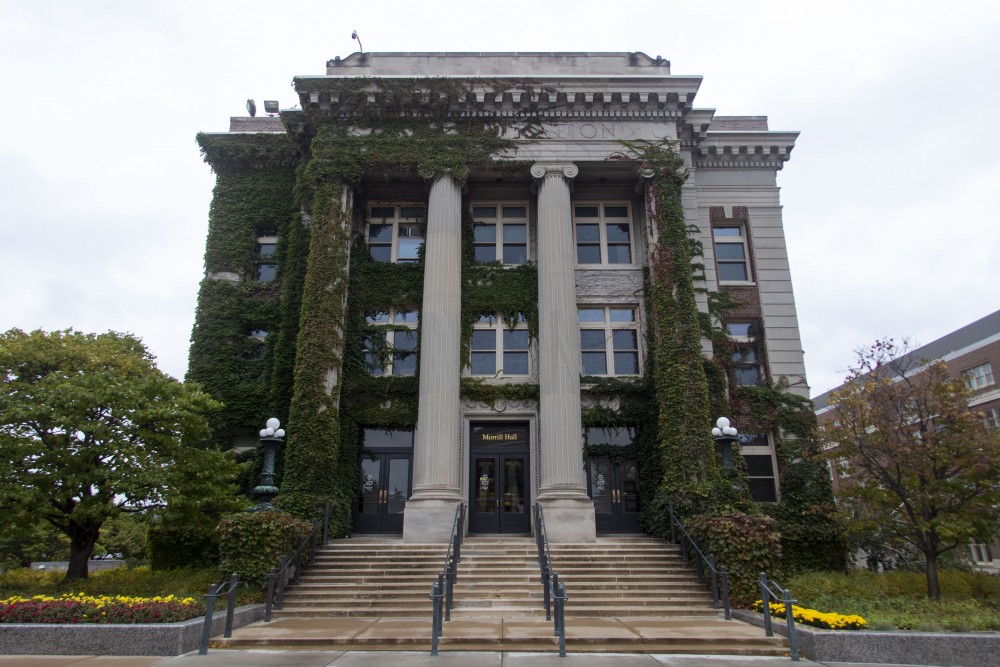Having emphasized campaigns focusing on students in the past, this year a president-led initiative is implementing projects geared toward faculty and staff, increasing attention surrounding sexual misconduct prevention.
The President’s Initiative to Prevent Sexual Misconduct (PIPSM) is currently in the process of creating a faculty and staff public awareness campaign. Staff members are conducting listening sessions and sending out surveys to faculty to see what sort of messages and mediums would most resonate.
Dave Golden, director of public health at Boynton Health, said the campaign will look different from last year’s student awareness campaign, “It Ends Here.”
“This really isn’t a poster campaign,” Golden said. “We want to make sure that we’re hitting all the bases there with stuff that makes sense for [staff and faculty’s] role and their responsibility.”
The initiative is developing a new online faculty and staff training module that will likely be implemented in October 2020. Additionally, the Evaluation Committee within PIPSM is actively creating a data inventory looking at training and survey results.
PIPSM was launched in 2017 with the goal to stop sexual misconduct on campus and to create a better campus climate. This fall, the Evaluation and Research Committee and the Research Subcommittee are assessing several surveys, including the recent Association of American Universities survey that was published in October.
The survey found that around 19 percent of students had experienced some sort of sexual harassment since enrolling at the University’s Twin Cities campus. The survey also found that about 25 percent of undergraduate women experienced some sort of non-consensual contact at the Twin Cities campus.
One of the goals of the Research Subcommittee, co-chair Katherine Lust said, is to analyze the results of the AAU survey and identify patterns of characteristics for the people who are the most susceptible to experiencing sexual harassment. Lust said one of the long-term goals is to publish their findings in a journal.
“Our goal is really to, I think, do further analysis on data we are currently sitting on,” Lust said. “As we understand the literature that’s out there and understand different issues on our campus … we want to try to figure out where the gaps of knowledge are.”
University student governments, which also have representatives in PIPSM, have been coming up with new efforts to prevent sexual misconduct.
The Minnesota Student Association introduced a “safe transfer” bill that would require the University to place specific notations on a student’s transcript if they have been disciplined for sexual misconduct. Additionally, the Council of Graduate Students recently launched a Graduate Student Helpline form, through which students can report problems to administration, including misconduct.
Andrew Durkot, president of the Professional Student Government, said one of the issues that has been brought up from Humphrey School of Public Affairs students was preventing professors with previous misconduct violations from teaching.
Golden said the goal for PIPSM is not only to prevent sexual misconduct, but to create a better climate where community members feel comfortable enough to report or intervene in instances of sexual misconduct.
“If somebody feels more comfortable reporting or saying something…that’s going to tell us how successful we’re being in terms of creating a culture that is willing to do something about sexual misconduct,” Golden said.








